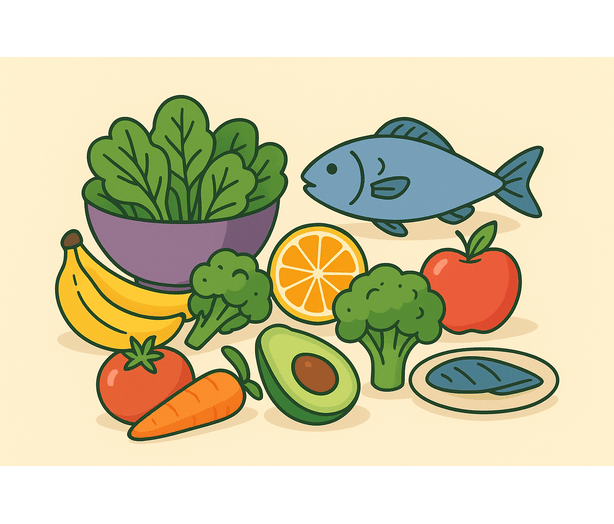1. Foods That Help Keep Your Blood Pressure Healthy
Maintaining a healthy heart and balanced blood pressure is absolutely essential for overall well-being,
daily energy, and long-term longevity. The health of your cardiovascular system directly impacts
how well your body functions, from circulating oxygen and nutrients efficiently to supporting your brain
and other vital organs.
What you eat every single day plays a major role in protecting your heart, reducing the risk of developing
cardiovascular diseases, and keeping your blood pressure within healthy ranges. By carefully choosing
nutrient-rich foods that promote healthy arteries, good circulation, and proper cholesterol balance —
while limiting or avoiding foods that trigger inflammation, raise sodium levels, or add unhealthy fats —
you can take proactive, consistent steps to support your body. These mindful dietary choices not only
improve your immediate health but also build a strong foundation for long-term heart and blood pressure
management.

